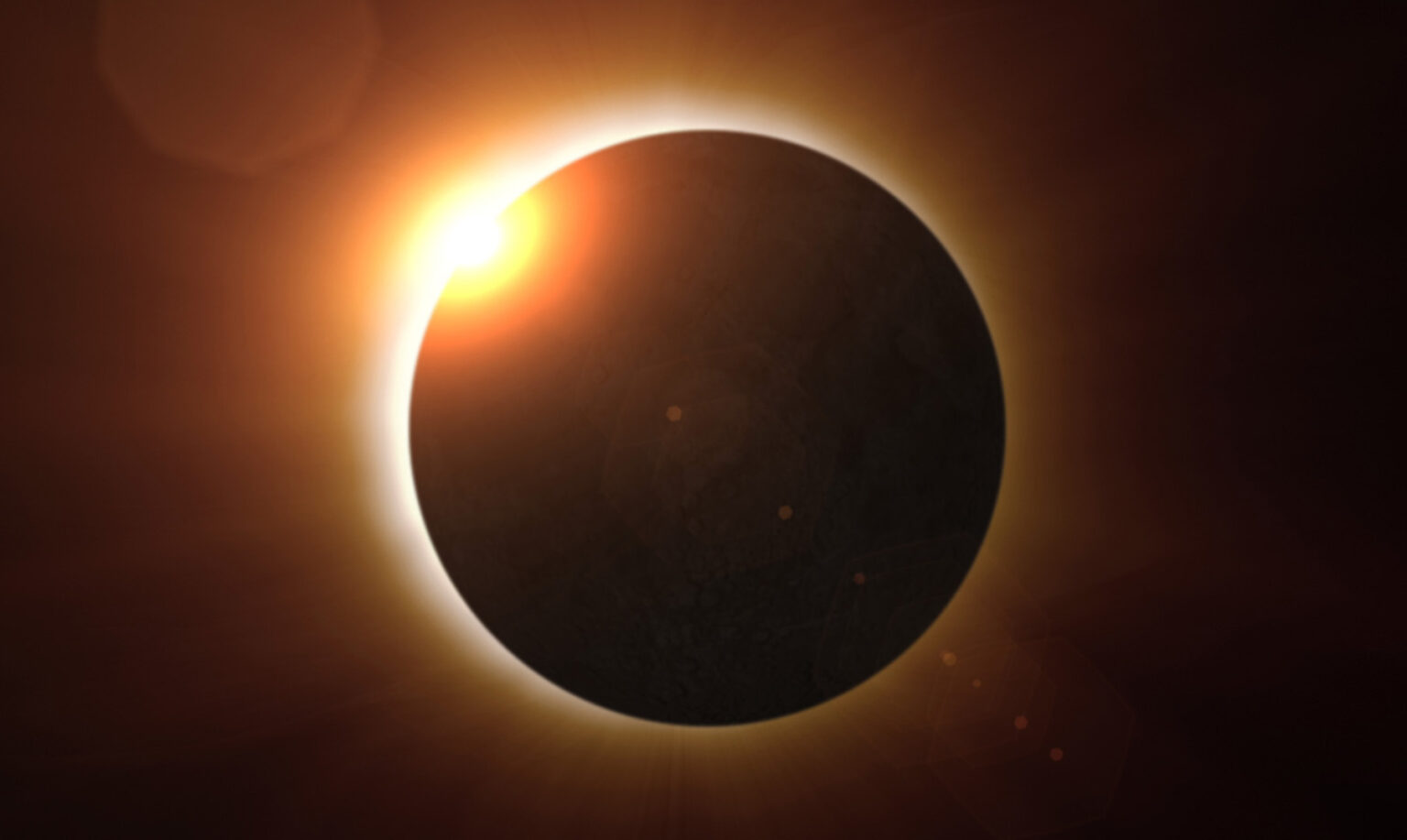As the recent total solar eclipse captivated millions across the United States, those within the 115-mile wide path of totality, as well as countless others who traveled to witness the event, all relied on a crucial piece of equipment – solar eclipse glasses. These specialized lenses are essential for safely observing the eclipse, particularly for those outside the zone of complete darkness who could only see a partial eclipse. However, once the awe-inspiring celestial event has passed, the question arises – what should be done with these eclipse glasses? Fortunately, there are responsible options available for both recycling and donating the used lenses.
Recycling Eclipse Glasses
According to the University of Rochester, the cardboard frames of eclipse glasses can be recycled, but the lenses themselves should be properly disposed of. This is because the lenses are typically made of specialized materials that are not suitable for standard recycling streams. To facilitate the recycling process, Astronomers Without Borders has been running a campaign since 2008 to collect gently-used eclipse glasses from the United States and Canada. These glasses are then redistributed to people in other countries for upcoming eclipses. During the 2017 total solar eclipse that crossed the U.S., millions of glasses were donated, though only tens of thousands were ultimately deemed usable.
Donating Eclipse Glasses
In addition to recycling, eclipse enthusiasts have the option to donate their used glasses. Warby Parker, a popular eyewear retailer, has partnered with Astronomers Without Borders to accept eclipse glass donations at all of its locations across the country. Another program, Eclipse Glasses USA, offers two ways to contribute used lenses. Through the “5 for 1 program,” for every five-pack of eclipse glasses purchased, one pair is donated. The Eclipse Give Back program specifically accepts used glasses that are free from scratches, punctures, tears, or other damage, which are then sent to schools in Latin America to prepare for the upcoming annular eclipse in October 2024. By responsibly disposing of or donating their eclipse glasses, individuals can ensure that these valuable resources are not wasted and can continue to be used to inspire and educate future generations of eclipse enthusiasts.























